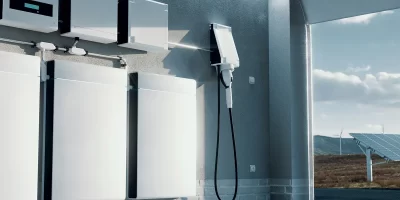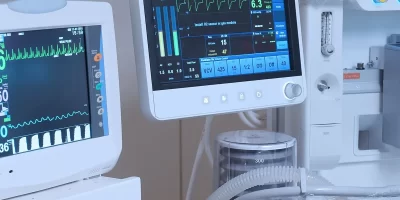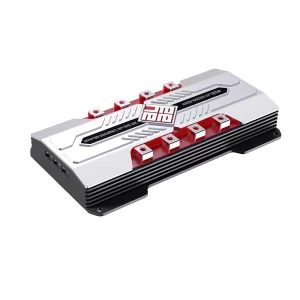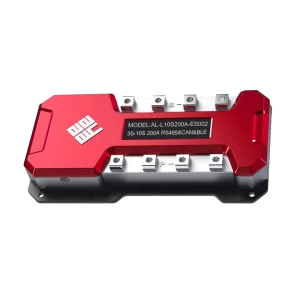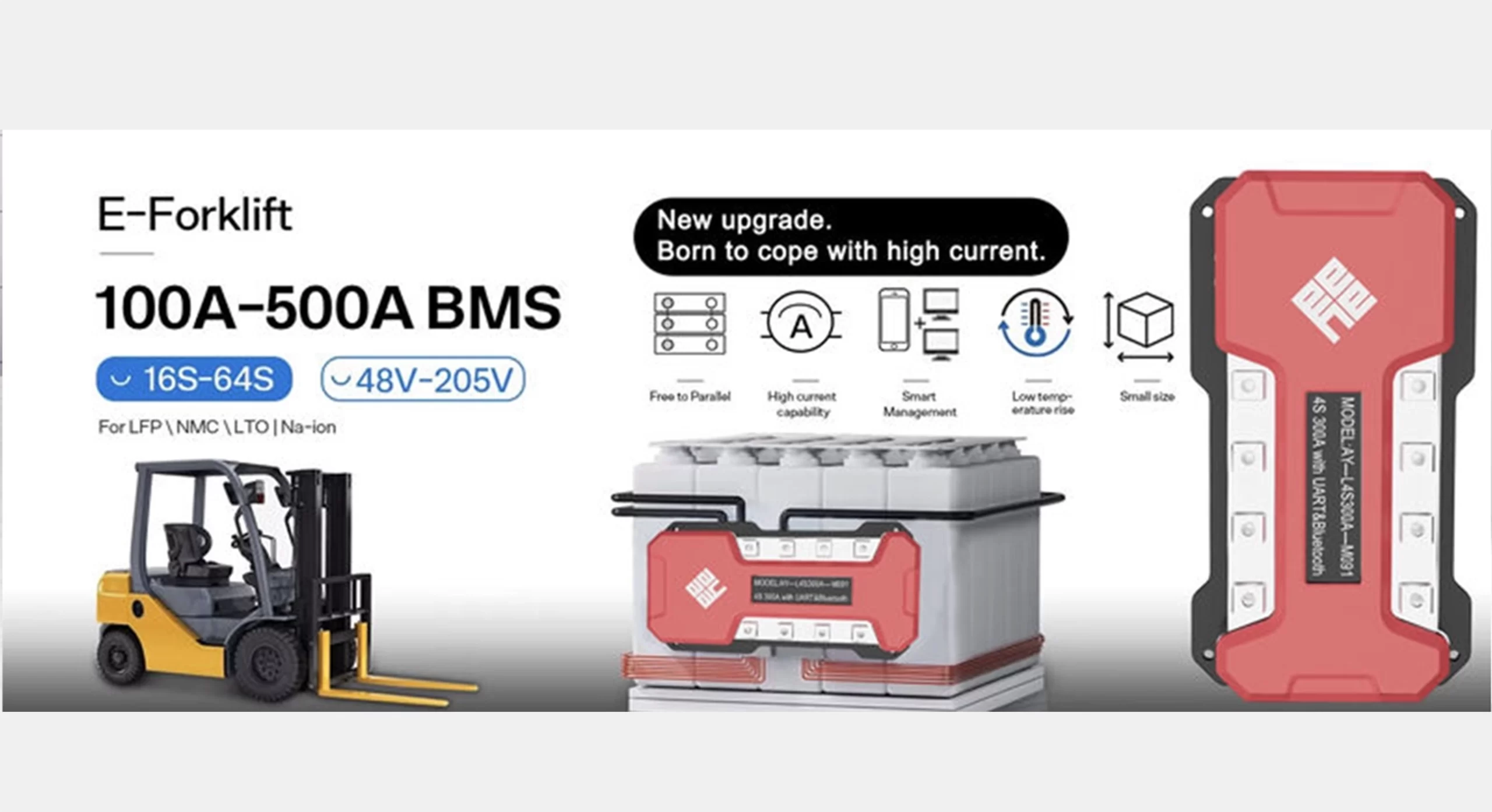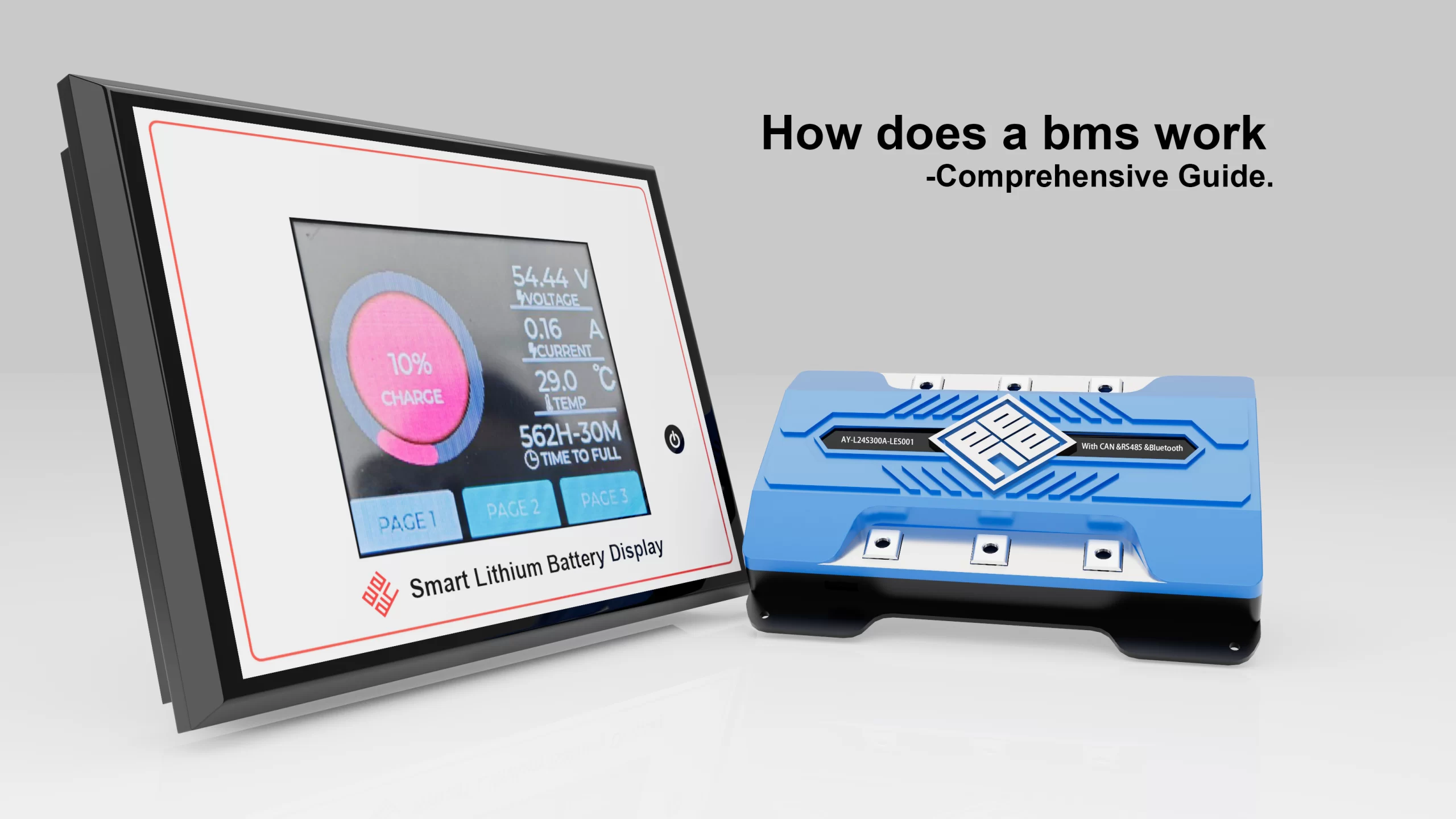Home About Us EVENTS & NEWS Battery Management System Solar Technology for Next-Generation PV Storage
Battery Management System Solar Technology for Next-Generation PV Storage
Battery Management System Solar Technology for Next-Generation PV Storage
The significance of effective and intelligent battery storage is growing as solar energy emerges as a key component of worldwide clean energy initiatives.
At the heart of this innovation is the battery management system solar technology, a critical component that ensures the safety, reliability, and longevity of photovoltaic (PV) storage systems.
Whether deployed in residential solar installations, commercial energy storage systems, or off-grid microgrids, battery management system solar solutions have become indispensable.
Importance of the Solar Battery Management System
An intelligent electronic device called a solar battery management system (BMS) keeps an eye on and controls rechargeable batteries used in solar power applications. It carries out necessary duties such:
Monitoring battery voltage and current
Managing temperature control
Estimating State of Charge (SOC) and State of Health (SOH)
Ensuring cell balancing
Protecting against overcharging, over-discharging, and short circuits
Without a reliable battery management system solar power storage solutions may face safety risks, reduced efficiency, and shorter service life.
How Battery Management System Solar Technology Works
The battery management system solar architecture integrates advanced hardware and software components to optimize battery performance:
Voltage and Temperature Sensors: Measure individual cell voltages and pack temperature.
Control Chip (MCU): Runs software algorithms for safety, energy optimization, and predictive maintenance.
Balancing Circuits: Redistribute charge across cells to prevent imbalance.
Communication Interfaces: Use CAN, RS485, or UART protocols to interact with solar inverters, monitoring dashboards, or cloud services.
Power Supply Module: Provides power for the BMS circuit operation.
These elements cooperate to guarantee any solar energy storage system’s efficiency and safety in real time.
Battery Management System Solar Workflow
A battery management system solar workflow typically includes the following steps:
Monitoring: Real-time tracking of voltage, current, and temperature.
Analysis: Estimation of SOC and SOH using data-driven algorithms.
Control: Dynamic adjustment of charging/discharging cycles.
Thermal Management: Heat dissipation or heating to maintain optimal battery temperature.
Communication: Relay status data to solar inverter, cloud servers, or control units.
Summary of Workflow Functions:
Monitor battery status continuously
Estimate battery health and remaining capacity
Control charge/discharge rates for safety
Manage temperature via thermal systems
Communicate real-time data to users or systems
Applications of Battery Management System Solar Technology
Solar BMS solutions are highly versatile and can be found in:
Grid-tied and Off-grid Solar Systems
Residential and Commercial PV Energy Storage
Microgrid and Backup Power Systems
Telecom and Remote Monitoring Sites
Case Example: PV + Storage System
A BMS-managed lithium-ion battery pack is charged by solar panels in a remote village microgrid.
The Solar BMS module ensures thermal safety during hot days, monitors SOC to prevent over-discharging at night, and sends diagnostic data to the control center via RS485.
Key Features of Modern Battery Management System Solar Solutions
High-precision Sensing: Millivolt-level voltage accuracy and fine thermal resolution.
Smart Control Algorithms: Use AI or rule-based logic for energy optimization.
Multi-level Protection: Includes over-voltage, under-voltage, overcurrent, and short-circuit protection.
Temperature Control: Active heating and cooling support for extreme climates.
Modular Design: Scalable for systems from 3S to 35S battery packs.
Remote Monitoring: Integration with cloud platforms for live diagnostics.
Product Spotlight: Shenzhen Ayaa Technology’s BMS Solutions
AY-L24S300A-ES001: High-Current BMS for Solar Storage
Voltage Support: Up to 24S (100.8V nominal)
Current Capacity: 300A continuous
Protocols: RS485, CAN
Functions: Accurate SOC/SOH, thermal monitoring, short circuit protection
Applications: Industrial-scale solar storage, heavy-duty microgrids
It is perfect for high-voltage, large-capacity PV systems because to its parallel architecture and broad interoperability.
AY-L10S200A-ES002: Compact BMS for Mid-size Solar Applications
Voltage Range: 12.6V–42V
Discharge Current: 200A
Communication: CAN, RS485
Material: Industrial-grade PCB
Target Use: Residential PV storage, mobile solar systems
This type is appropriate for small business and residential solar systems due to its sturdy protective features and lightweight construction.
AY-L16S200A-ES003: Versatile BMS with Intelligent Monitoring
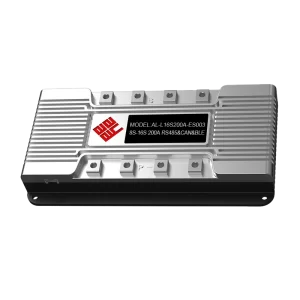
Voltage Range: 8S–16S configurations
Features: Real-time SOC calculation, modular design
Applications: Solar telecom backup, portable energy storage
Strengths: Flexible voltage support and smart data management
Why Choose Ayaa Technology for Solar BMS?
Leading the way in intelligent energy management solutions worldwide is Shenzhen Ayaa Technology Co., Ltd. With more than two decades of expertise in electronics and battery technologies, Ayaa provides:
Certified battery management system solar solutions for 3S–35S packs
Protocol compatibility with CAN, SMBUS, UART, and RS485
Active and passive balancing support
Custom R&D, testing, and manufacturing services
Proven reliability in the U.S., German, and Japanese markets
As the world moves toward cleaner energy, Solar BMS technology will continue to play a foundational role in energy reliability, safety, and intelligence.
For today’s PV storage requirements, products such as AY-L24S300A-ES001, AY-L10S200A-ES002, and AY-L16S200A-ES003 provide unparalleled performance and versatility.
FAQ
Q:What is a solar battery management system?
A:An assembly of battery cells electrically arranged in a row x column matrix configuration to enable the delivery of a targeted range of voltage and current for a duration of time against expected load scenarios is called a battery management system (BMS).
Q:Does a BMS charge batteries?
A:As we already know, a BMS helps batteries operate within these critical rated values.
In battery packs, it aids in ensuring consistent cell charging and discharge.
Consequently, the battery pack’s performance is significantly enhanced.
Q:Can you overcharge a lithium battery with a BMS?
A:Lithium batteries are shielded from overcharging by the Battery Management System (BMS).
An electronic system called a BMS keeps an eye on and controls a number of battery-related functions.
Among its main duties are: Voltage Monitoring: Every cell in the battery pack has its voltage levels continuously monitored by the BMS.
For solar integrators, OEMs, and system designers seeking a trusted partner, Shenzhen Ayaa Technology stands ready to deliver next-generation Solar BMS solutions.
Visit www.ayaatech.com to learn more or request product samples today.


